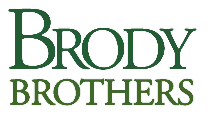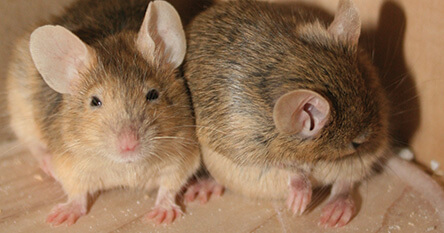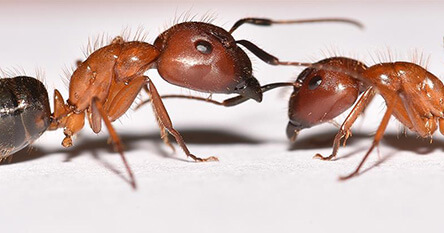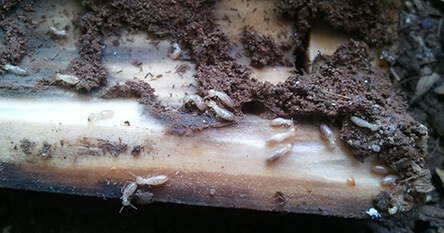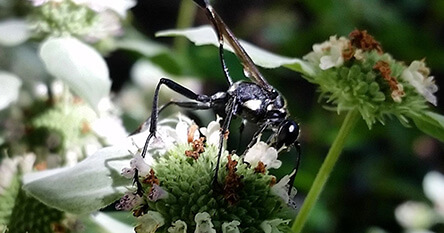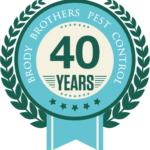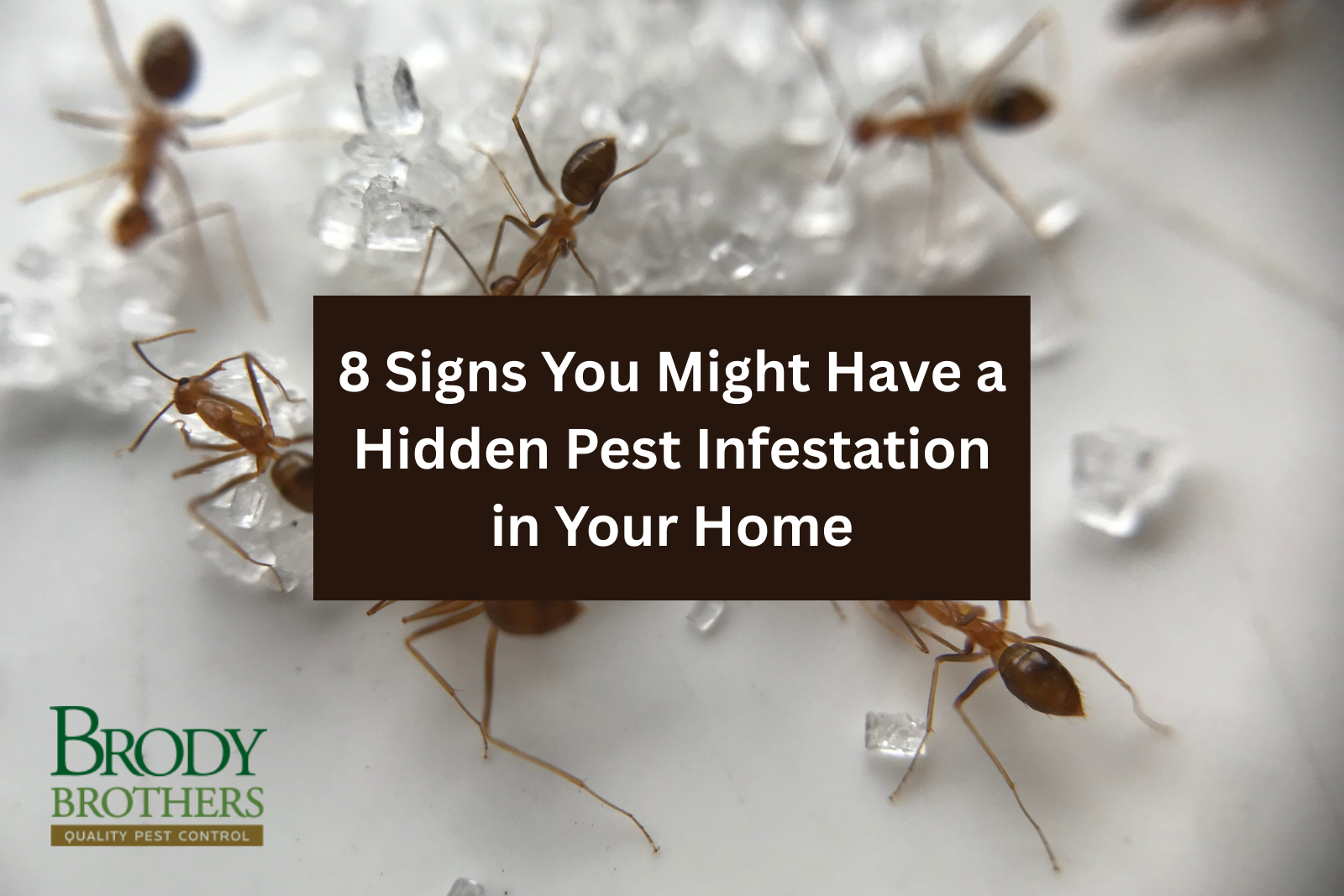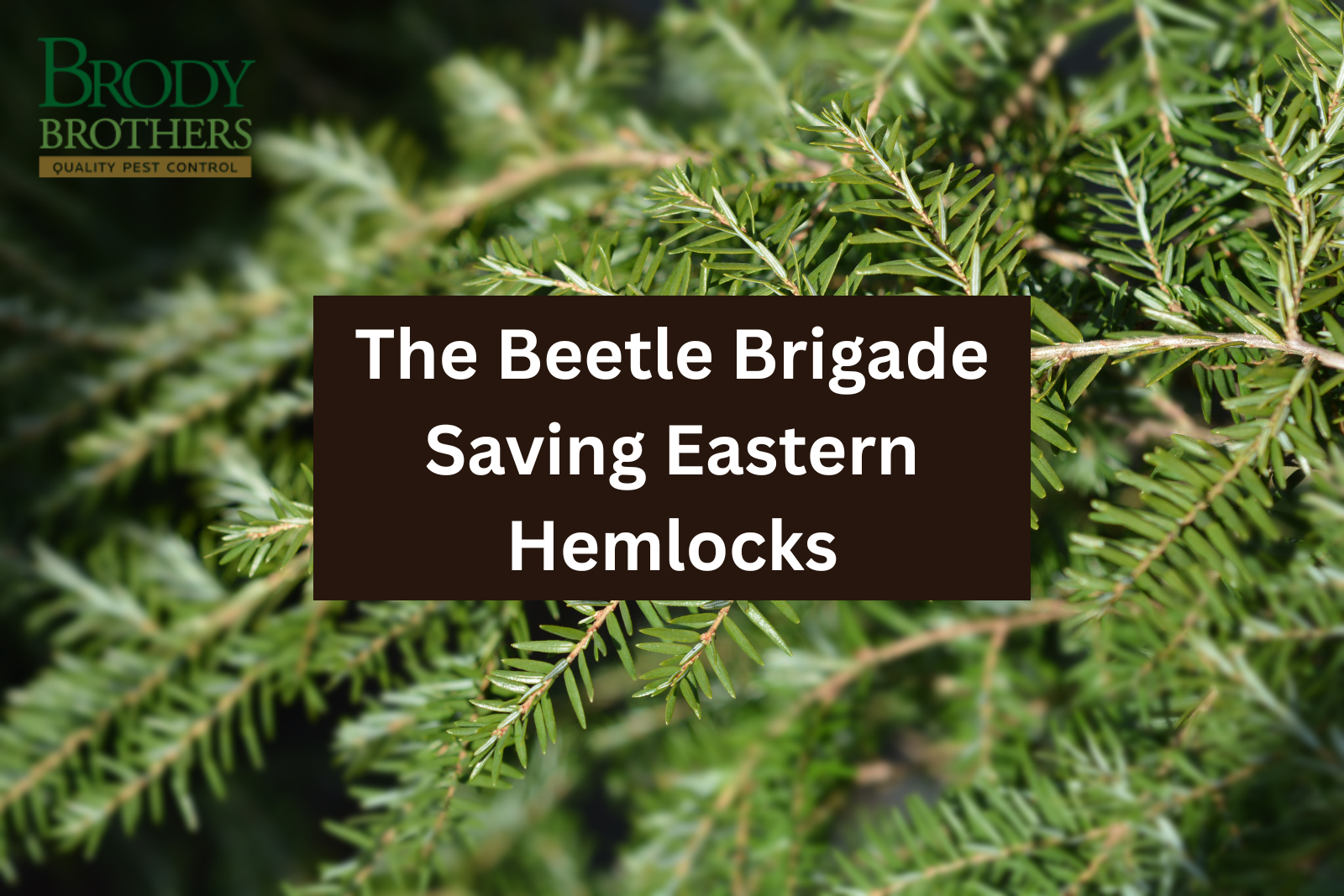Protect Your Home From Common Pests
We provide both residential and commercial pest control

Maryland’s Best Pest Control Company Since 1984
Since 1984, Brody Brothers Pest Control has worked hard to keep homes and commercial properties in and around Baltimore pest-free. We are a family-owned and operated pest control and extermination service that is now on its second generation of experts. This invaluable experience and knowledge passed from father to son has helped us become one of the most trusted pest control services in the area. When you’ve got unwanted visitors in your home, Brody Brothers should be your first and last call!What Our Clients Are Saying
4.9 star rating from 1,037 Google reviews



Why Thousands Of Customers Have Chosen Us For Pest Control Services
Our success as one of the best pest control companies is, in large part, due to putting our customers first. We listen to your needs and use our expertise to execute the best pest control solutions for your particular situation.
Our approach to pest management sets us apart. Our LEAD system combines the most effective pest prevention techniques with an environmentally conscious mindset.

